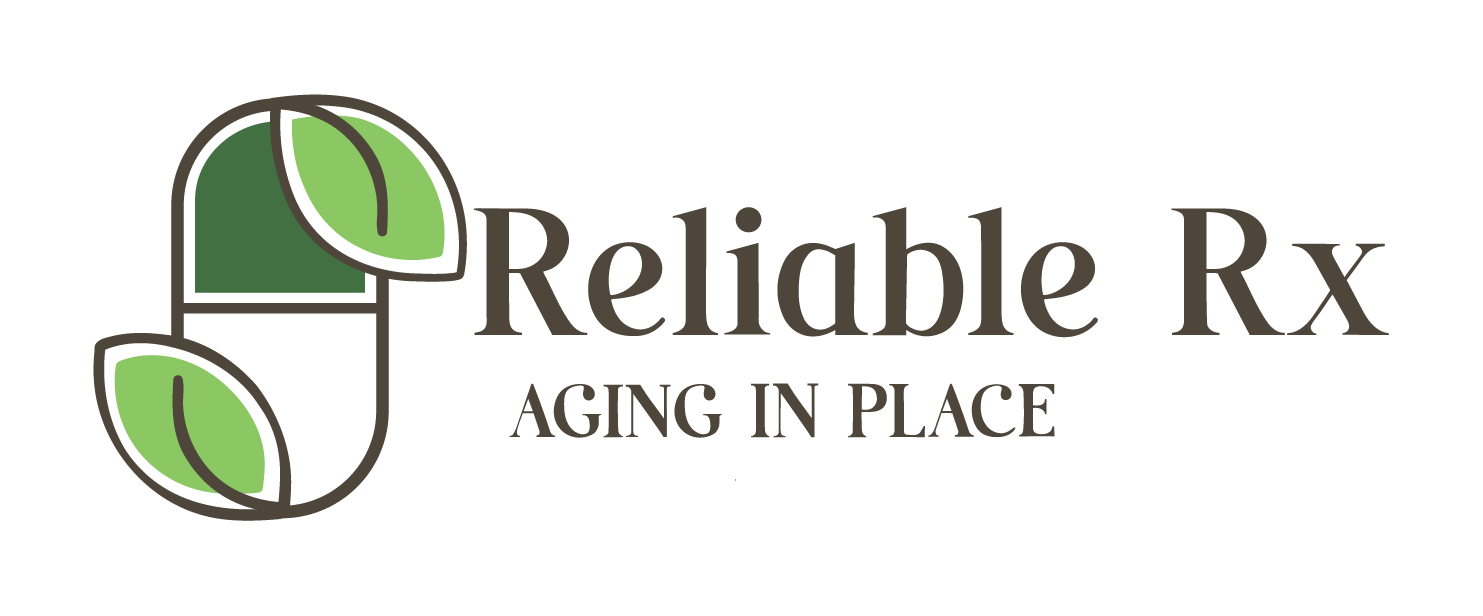Staying Safe in the Heat: A Summer Guide for Older Adults
- reliablerx513
- Jul 1, 2025
- 2 min read
As temperatures rise, so does the risk of heat-related illnesses, especially for older adults. While summer brings sunshine and time outdoors, it also poses real dangers. Older adults are more vulnerable to extreme heat due to changes in how the body regulates temperature with age, making heat safety an essential topic as we head into warmer months.
Why Older Adults Are at Greater Risk
Aging affects how the body handles heat. As we grow older, our ability to sweat decreases, our bodies retain more heat, and chronic health conditions can further interfere with normal cooling processes. According to the CDC, adults aged 65 and older are more likely to suffer from heat exhaustion and heat stroke, especially if they live alone or don’t have access to air conditioning.
The Harvard Medical School highlights how cardiovascular issues, medications, and even mild dehydration can significantly impact an older adult’s ability to cool down. Additionally, medications such as diuretics, sedatives, and beta-blockers can make it harder for the body to regulate temperature.
Recognizing the Signs of Heat Illness
Understanding the early signs of heat-related illness can be life-saving. According to the National Institute on Aging (NIA), symptoms to watch for include:
Heavy sweating or lack of sweat
Headache
Nausea or vomiting
Muscle cramps
Dizziness or confusion
Rapid pulse
In severe cases, heat stroke can occur—a medical emergency that requires immediate attention. The Mayo Clinic recommends calling 911 and moving the person to a cooler place if heat stroke is suspected.
Simple Tips for Staying Safe
Fortunately, staying safe during heat waves is possible with a few proactive steps:
Stay Cool Indoors
The NIA advises spending time in air-conditioned buildings. If your home isn’t air-conditioned, visit a shopping mall, library, or community center. Many local agencies also open cooling centers during high heat alerts.
Hydrate Often
Drink water throughout the day, even if you're not thirsty. Avoid alcohol and caffeinated drinks, which can dehydrate you. The Ohio Department of Aging also recommends eating hydrating foods such as fruits and vegetables.
Dress for the Weather
Wear lightweight, light-colored, and loose-fitting clothes. Don’t forget a wide-brimmed hat and sunglasses when heading outdoors.
Avoid Peak Heat Hours
Try to stay indoors between 10 a.m. and 4 p.m. when the sun is strongest. If you must go out, take frequent breaks in the shade or indoors.
Use Fans with Caution
While fans can provide comfort, they shouldn’t be relied on during extreme heat without air conditioning. According to the New York Times, fans alone may not effectively lower body temperature in very hot conditions.
Check In on Others
The CDC and AARP recommend checking on elderly neighbors and relatives regularly during heat waves, especially those who live alone.
Watch and Share
For a quick visual guide to preventing heat illness, check out this helpful video from Beacon Medical Group that explains how older adults can stay safe during extreme heat.
Heat doesn’t have to be dangerous—with a little planning, older adults can enjoy summer safely. Small actions—like offering a ride to a cooling center or dropping off a cold bottle of water—can make a big difference.




Comments